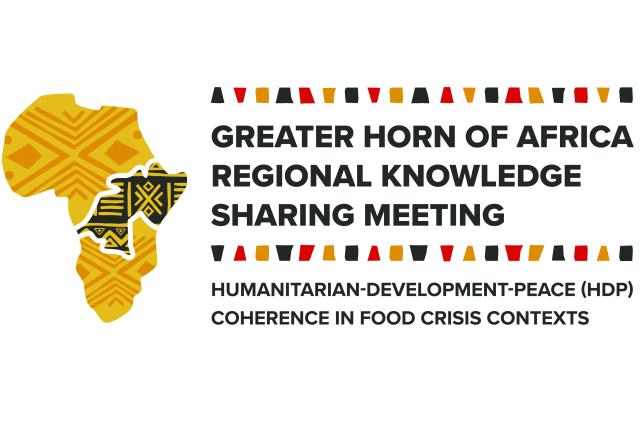Greater Horn of Africa Regional Knowledge Sharing Meeting

The Greater Horn of Africa Regional Knowledge Sharing Meeting (RKSM) brought humanitarian and development practitioners together to identify collective ways to mitigate the food security challenges affecting the Greater Horn of Africa and identify varying roles played by different types of actors in responding to the crisis. The event captured and shared knowledge around promising practices, entry points, tools and mechanisms, and opportunities and constraints to pursuing HDP coherence. In the spirit of HDP coherence, the event offered opportunities for organizations operating in the region, including local partners, to forge and strengthen relationships with one another.
The RKSM offered a mix of plenary and small group sessions, as well as opportunities for discussion and action planning by country. Interactive sessions ran under five themes: Joint Planning; Collective Impact; Improved Monitoring, Evaluation, and Learning for HDP Coherence; Pathways Toward Climate Resilient Livelihoods; and Adaptive Management.
In 2024, IDEAL published a report presenting the RKSM’s primary learnings on improving HDP coherence across the Greater Horn of Africa and hosted a webinar to share insights on key highlights and lessons learned.
Read the Report Watch the Webinar
Learn more about HDP Coherence in the HDP Coherence Collection here.
This event was made possible by the generous support of the American people through the United States Agency for International Development (USAID). The contents are the responsibility of the Implementer-led Design, Evidence, Analysis and Learning (IDEAL) Activity and the Resilience Learning Activity (RLA) and do not necessarily reflect the views of USAID or the United States Government.